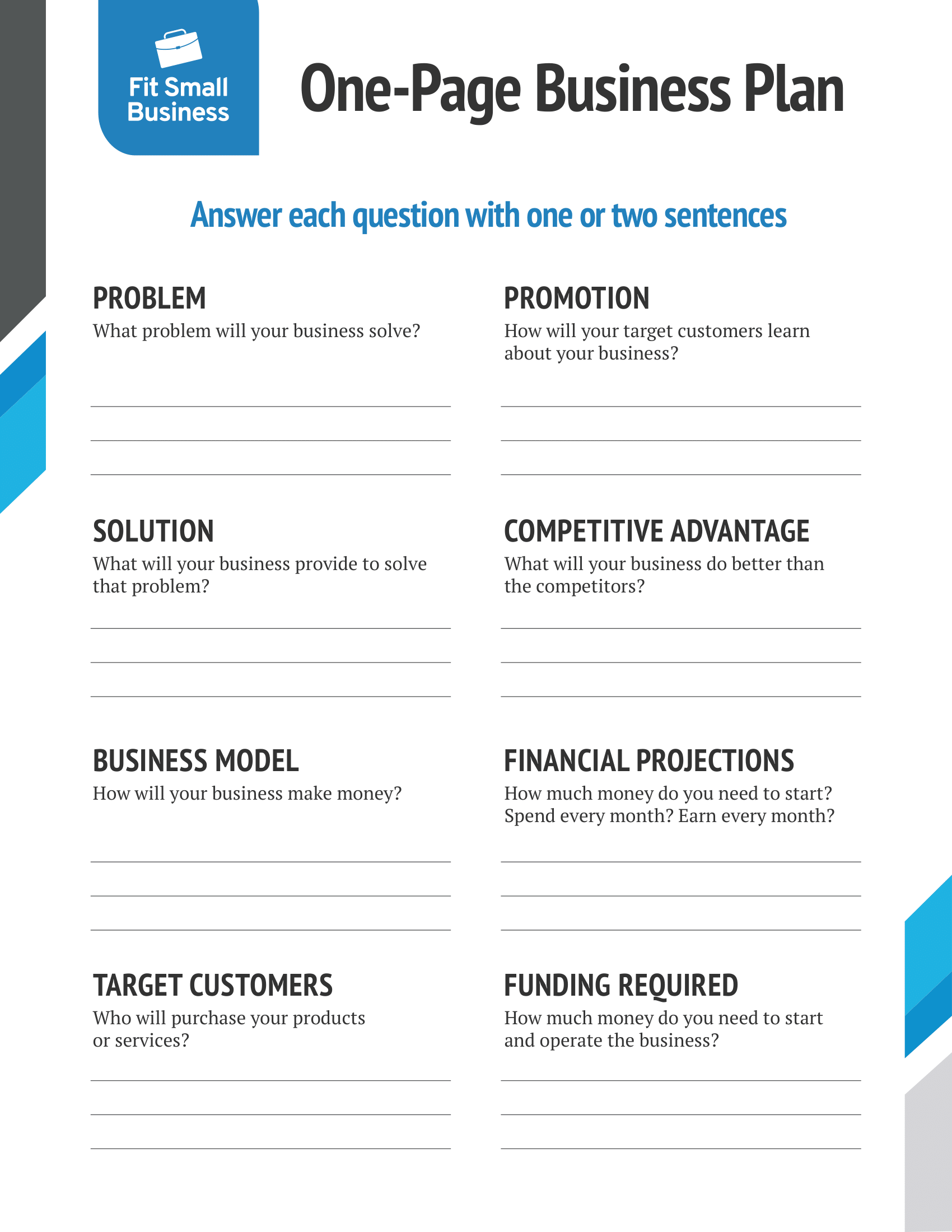Writing your first ever business plan – Page 2 of 2 – StartupSmart
Benjamin picks out eight essential elements that have to be covered off in a business plan:
- An introduction to the product or service provider
- Details of the management team and structure
- A statement of the vision, mission and objectives
- A step-by-step guide to goal achievements
- A competitive analysis that shows where you fit
- A feasibility study that summarises cashflows
- A simplified marketing plan and troubleshooting
- Investment opportunities and guidelines
This needs to be a live document. Test your assumptions and update your plan. Ask friends and family what they think and take on their input. And don’t feel you need to cover off every aspect of your business.
“As with the restaurant menu, you need to offer enough to tempt the investor but ensure that the relationship with the operator is the key rather than the ingredients or how the whole thing is put together,” says Benjamin.
“Leave the details to an appendix or a supplementary report that addresses specific questions that may be raised by potential business partners, including business licenses, names of bankers and accountants, solicitors, publication details.”
Don’t succumb to hyperbole about your business. Stick to the facts and keep your predictions on the conservative side. In terms of the kind of questions you should be answering in your plan, here’s a great list.
Don’t do it alone
A business plan shouldn’t be the solo effort of an inwardly-looking business builder. As you put together your business plan, get as much input as possible.
Plenty of this help and advice can be free. Trade shows, Business Enterprise Centres and bank managers can all help you on your way.
The federal government also has a set of free business plan templates to get you started. You can find them here.
It’s also worth utilising your accountant and mentor to help you with your plan. These people will help keep your feet on the ground and challenge your assumptions. Don’t overlook them.
Many start-ups only think of writing a business plan when they are asked for one by their bank manager, potential investor or mentor. Don’t be one of these businesses.
As much as you think you are too busy to write a business plan, you really aren’t. The busier you get, the more you need a business plan. And the lack of a business plan means you will just get busier still.
Also, business planning takes time. If you aim to raise money in six months, get cracking now. Your business shouldn’t be driven blind – if you haven’t put together a road map for your start-up, do it now.
Click here visit Business Victoria Online to download a business planning template.

